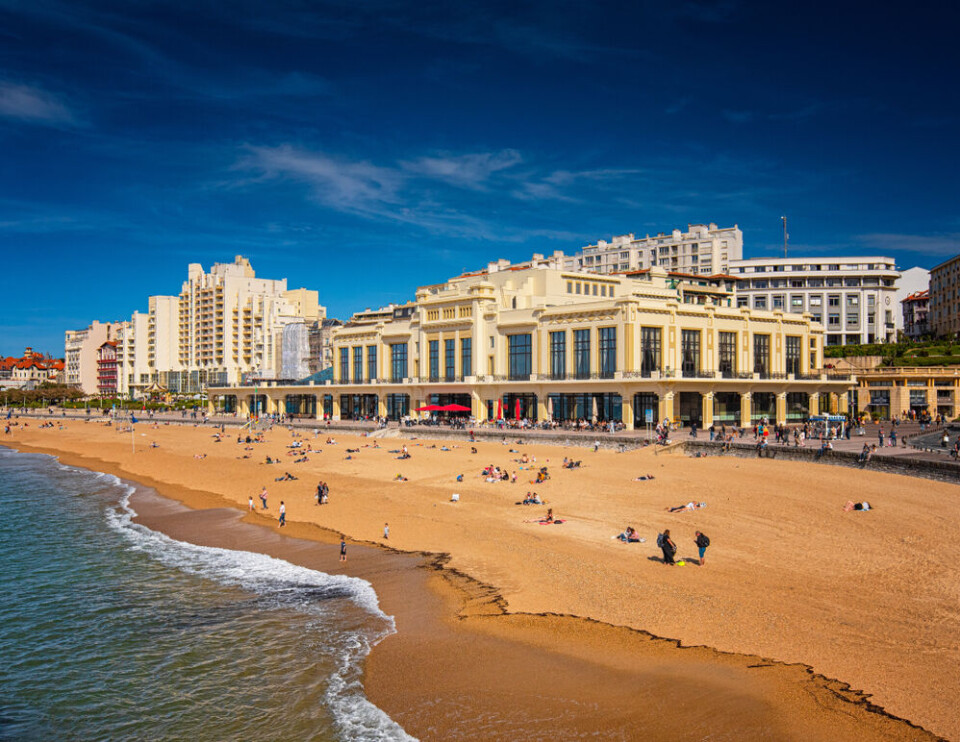-
Visual: how healthy do French people think they are?
Progress in smoking rates but more than one in five say they drink excessively
-
Lost cat reunited with French family after 11 years thanks to identification tattoo
Shelter discovered injured elderly cat had identification tattoo which helped to track down previous owners
-
‘We thought it was a plane crash’: magnitude 3.9 earthquake hits Nîmes
Tremors felt throughout suburbs as epicentre only 8km from city
Beaches on Basque coast reopen after toxic risk from smelly algae ends
Beaches closed on Basque coast and Marseille fishermen up in arms due to negative impact of non-native species on marine environment

Beaches on the Basque coast have now reopened after being closed off at the weekend to allow for testing of some potentially toxic tropical algae.
Among the beaches affected were those in Biarritz, Bidart and Saint-Jean-de-Luz.
Announcing its decision to close the beach as a precaution on Sunday, the mairie in Biarritz said that the algae Ostreopsis Ovata had been spreading along the coast following rainy weather.
There had been numerous reports from surfers and swimmers, according to Marc Valmassoni from the environmental association Surfrider Foundation Europe.
The foul-smelling Ostreopsis algae produces a toxin that can cause skin irritation and give rise to flu-like symptoms.
Symptoms are similar to mild Covid, Biarritz-based Dr Guillaume Barucq told 20 Minutes news.
The beaches were reopened on Monday, when the regional health authority confirmed the seaweed was Ostreopsis, but less toxic than that generally found in the Mediterranean.
An educational booklet on Ostreopsis Ovata produced by Surfrider Foundation Europe references how warmer temperatures associated with climate change is facilitating its spread.
It comes after the coast of Marseille has been inundated with rapid-growing Rugulopteryx seaweed, which is brown in colour and native to Asia.
Its proliferation in recent years is increasingly causing problems for local fishermen.
"The net gets filled with it. It slumps on the bottom and you can’t get anything else in, you’re not getting fish anymore", fisherman Laurent Pieroni told LCI.
Some professionals fear the plant will eventually invade the whole of the Mediterranean coast.
Related articles
France ordered to take extra measures against Brittany green algae
France's 'Blue Flag' beaches revealed for 2021
























